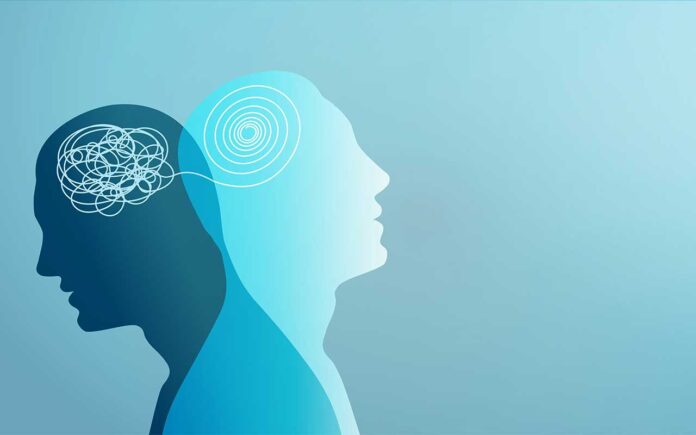Dual diagnosis is a term used to describe people who have co-occurring mental health and substance abuse issues. A person may struggle with these two issues simultaneously, or one issue may develop as a result of the other.
Regardless, this is a highly challenging situation that can feel like you’re dealing with two lions at once rather than just one beast. Either of these conditions on their own can be extremely difficult to manage, but when they exist together in the same person, it is known as dual diagnosis (co-occurring) or concurrent disorders (when they develop together).
Having these conditions simultaneously can make finding help even more challenging than having only one problem.
This article will explain some benefits of a dual diagnosis treatment center.
1. Gain a Deeper Understanding of the Problem
The mental health and substance abuse issues that lead to dual diagnosis will likely require different treatments, so it’s essential to understand each problem and how it impacts you.
A therapist can help you explore triggers, patterns, and any other issues related to mental health issues like depression, anxiety, trauma, or eating disorders. They’ll help you understand how these issues impact you and how they’re connected to your substance abuse issues.
2. Co-occurring Issues Are Hard to Deal With on Their Own
While it’s essential to understand each issue to come up with the best dual diagnosis treatment strategy, the fact is that the two conditions are usually related, making them even harder to deal with on their own.
One of them might be a trigger for the other, or they might be related in different ways, making them challenging to manage without help.
For example, an eating disorder is often related to trauma, depression, or anxiety. And substance abuse issues are often associated with mental health disorders like PTSD, anxiety, or depression.
3. Dual Diagnosis Treatment May Help With Both Issues
It’s important to remember that dual diagnosis treatment is not the same as treating one condition while ignoring the other.
A therapist specializing in treating dual diagnosis will understand the connections between the disorders and how they impact you. They’ll help you create a treatment plan that addresses both issues. They can also help you to come up with a strategy for finding help for both.
4. Improved Quality of Life
A dual diagnosis treatment program can help you develop an effective treatment plan that addresses both disorders without feeling overwhelmed or discouraged.
You may feel like you’re not worthy of help, or you may feel like you don’t deserve it, but the truth is that nobody is perfect. We all have issues that may require some assistance or guidance to be managed effectively and help us feel better.
With the help of an experienced therapist, you can get assistance with both disorders, feel better, and have more time and energy to focus on the things you love to do.
When you finally get both disorders under control, you’ll feel like you can finally start to live again.
Dual Diagnosis Rehab Tips: Things To Know Before Starting Treatment
Be Honest About Your Condition
This may seem obvious, but it’s crucial. If you are experiencing a combined mental illness and substance abuse, be sure to share that with your treatment providers — both medical and other staff — as soon as possible. You’ll be more likely to get the help you need if you’re open and honest about the nature of your illness from the start.
Be Prepared to Work Harder
Due to the complex nature of the dual diagnosis, you may have to work a little harder than other patients to succeed. After all, these two conditions have to be treated simultaneously, which means there are two treatment plans to follow and work through. You’ll also likely be seeing two different therapists.
Keep Your Mental Health Symptoms in Check
One of the reasons why dual diagnosis treatment is so difficult to navigate is that mental illness symptoms can make a person more susceptible to drug use. If you have a mental illness, keep your symptoms in check as best you can. That way, you’ll avoid triggering a substance abuse relapse.
In Conclusion
Dual diagnosis is a challenging situation to be in, but it’s not something that you have to face alone. With the help of a therapist and treatment, you can get both disorders under control and start to live your life again.
Make sure you go to a certified, reputable dual diagnosis treatment center.











